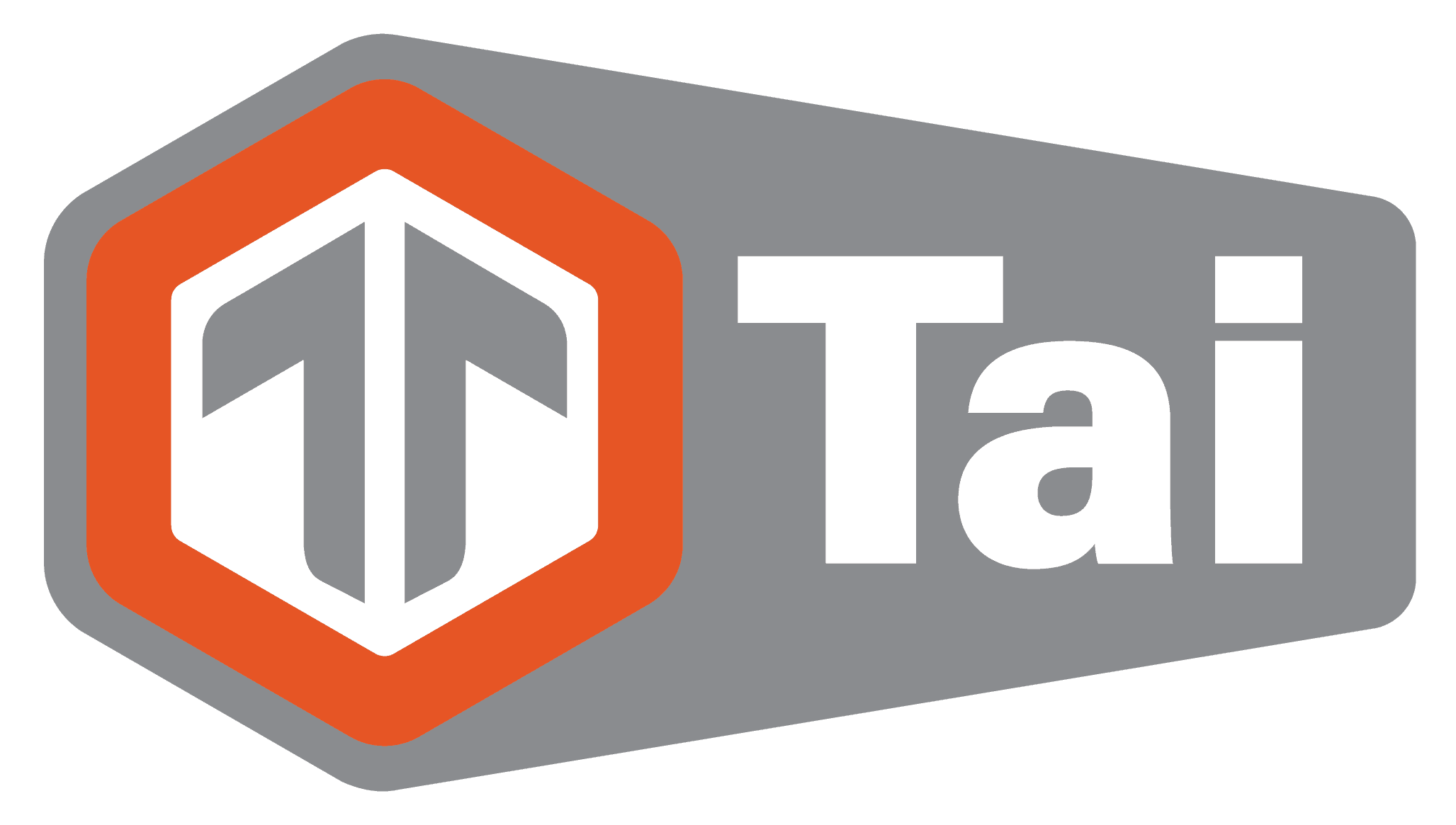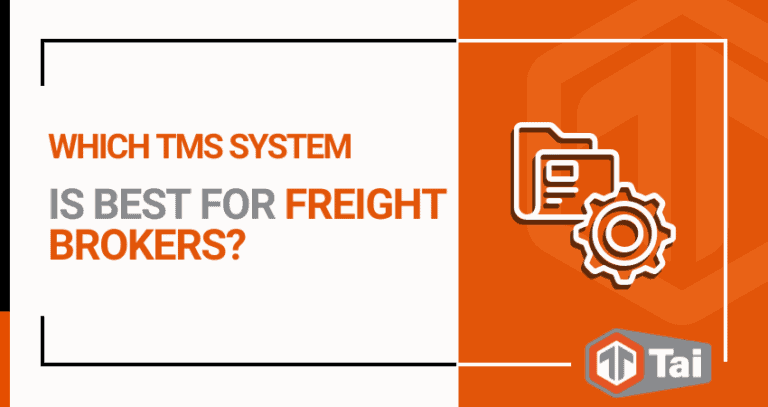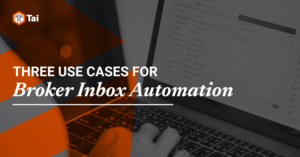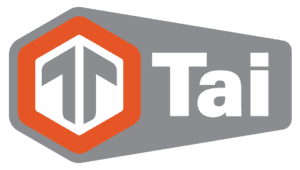Freight brokers are a vital part of the freight industry. They keep the supply chain moving by providing freight routing services and an inventory for truckload carriers to fill their trucks with freight. Freight brokers need to have efficient systems to help them be more productive and remain on top of everything they need to do on a daily basis.
In the past, many freight brokers or freight forwarders have been using a manual process until companies started to use cloud-based TMS systems to act as a centralized platform for their freight brokerage operations. Cloud-based transportation management software has many benefits that make it superior to its on-premises counterparts.
Below we will be taking a more in-depth look at what cloud-based TMS solutions are and how they can benefit freight brokers in their daily operations.
Cloud-Based TMS vs. On-Premise TMS
Many freight brokers do business with multiple carriers, and they may also have their own fleet. This makes it difficult to manage all the carrier rates, even just for one particular customer. You will often need to pull out your calculator or spreadsheet to figure out which rate is cheaper when shipping cargo of different weights, which can take up precious time that could be better spent on other essential tasks.
A transportation management software can handle many of these calculations, saving you time and ensuring that your customers are always charged the best rate available.
Some people may choose to run their own transportation management system in-house, while others prefer a cloud-based TMS. An on-premise TMS is installed at the customer’s location, whereas a cloud-based TMS resides on a server in the cloud.
An on-premises TMS is managed by an IT professional who has to work to maintain the software, whereas a cloud-based TMS can be accessed from any device that’s connected to the Internet. This means you don’t have to worry about hiring or training new employees; your transportation management software will always be available as long as you have Internet access. This may be an attractive choice for customers who want to keep their IT staff focused on other important tasks.
A cloud-based TMS is also more secure than an on-premise TMS because it resides in a location that’s separate from the customer; if the on-premise system were to get hacked or damaged, your entire business would potentially be at risk. Cloud computing providers are sure to keep their servers and networks safe from these attacks, ensuring your data is always secure.
The topic of data security can be a bit complicated when it comes to the differences between cloud computing and on-premise solutions. Companies running their on-premise servers will usually also maintain more control over their security. They are in charge of setting the appropriate user access policies, install antivirus software, firewalls, security patches, and more. However, this increased level of control can also have its share of disadvantages. If the internal security protocols are mismanaged, on-premise can leave the company vulnerable to cyber attacks.
Cloud security, on the other hand, is handled by the cloud provider. While this option lowers the level of control companies have over their security, the job is also no longer theirs to handle. Large cloud providers will typically have robust security teams and tight procedures that are kept up-to-date with the latest security threats.
A cloud-based TMS is a great solution for a freight brokerage business because it can take all the time-consuming calculations out of pricing, saving you precious minutes that could otherwise be spent on more important things like managing employees or meeting with customers.
The Pros and Cons of An On-Premise TMS
The pros of an on-premise TMS include increased control and the ability to customize your system. This is not possible with a cloud-based TMS because it is managed by the provider, who may or may not be able to accommodate any special requests you have for your transportation management software.
The cons of an on-premise TMS include the time and effort it takes to set up, maintain, and update your system. If you’re not an IT professional yourself, this will cost money for a company or analyst to install and configure the TMS for you – there’s no such thing as free when it comes to on-premise systems!
Another downside to an on-premise TMS is that it can’t be accessed from any device. For example, suppose you’re at a customer’s location and need the rates for their new bulk order of raw materials; in that case, your transportation management system will not have those rates available unless they are in your database or company profile.
Also known as hosted TMS, an on-premise freight management software is typically designed to work seamlessly with existing legacy infrastructure and ERP systems. This means that an on-premise TMS is a good choice for businesses that have invested heavily in legacy software and want to keep their IT staff focused on other important tasks.
The Pros and Cons of Cloud-Based TMS
Cloud-based TMS is a great choice if you want to be able to access your transportation management software from any device with an internet connection. It’s also an ideal option for those who don’t have the time or resources for a company analyst or IT professional to set it up and configure it. Similarly, it’s excellent for those who need more control over their pricing rates, or just prefer the hassle-free approach of cloud-based transportation management software.
The disadvantages to this type of cloud-based TMS are that you cannot have as much control over the system because the provider can change it at any time. Depending on the cloud provider, the data stored in a cloud-based TMS may not be as secure because they’re hosted on an external network and can be accessed by anyone with internet access.
Cloud-based TMS platforms are designed to integrate with freight boards and carrier freight software, which may be attractive to freight brokers who need to integrate with external systems. These types of cloud-based digital tools will use state-of-the-art connection technology such as electronic data interchange (EDI) and application programming interfaces (API) to cut down on time spent reconciling your transportation management software with an external system.
On-premise TMS freight software is not as good of an option for freight brokers because they’re designed specifically for transportation management and don’t offer any other functionality. This means that the use of on-premise systems is relatively limited, especially when it comes to the needs of freight brokers.
Another benefit to cloud-based TMS is that they offer a flexible pricing plan based on the number of users or transactions you need per month, which can be cost-efficient for freight brokers who don’t use their TMS every day but want access when required.
Which TMS System is Best For Freight Brokers – Cloud-Based or On-Premise?
A lot of freight brokers are considering going to a cloud-based TMS system. They ask: “Is the best freight brokerage software for me as a freight broker on-premises or in the cloud?” As highlighted, there are pros and cons to both methods, so it’s essential that you have all the information before making this decision.
If you decide that your freight brokerage is better off with on-premise freight broker software, you will be able to control the security and access rights of every user. This means that each employee can only see certain data to ensure compliance or prevent errors from occurring.
If you go with a cloud-based system, freight brokers are often faced with trade-offs. They might be able to access more data, but that may come at the cost of security control over who sees what type of information and what specific security protocols are put in place.
However, there are several benefits of cloud-based platforms over on-premise platforms:
- Cloud-based freight broker software can also save money by reducing the need for having equipment, software, and other management services.
- Although on-premise solutions might traditionally be favored by companies, many small freight brokers are turning to the low cost and high scalability of cloud-based software.
- Cloud computing reduces the barrier of entry for any user within an organization to take full advantage of a TMS system.
- Cloud-based freight broker software can offer better security than a mediocre in-house team can – and the slightest leak of sensitive information could be disastrous for a company, given that stricter data protection laws have been put in place; this is where cloud computing can help. This is especially true in Cybercrime.
- The advanced capabilities of most cloud-based TMS software will empower freight brokers with thorough information and data analytics for better business intelligence. Leveraging the interconnected nature of the cloud means that freight brokers or freight forwarders will get all of their data in real-time. That way, they can track things like budget management, efficiency levels, and traffic pattern forecasting to make sure your company is meeting its performance metrics each day.
Conclusion
We’ve seen that there are pros and cons to both cloud-based or on-premise solutions. The best choice for your freight broker will depend on the nature of your company, size, and budget. Overall, however, most freight brokers will benefit from implementing a cloud-based solution. It will provide them with more information and data analytics, which can help them meet their performance goals.
Tai Software is a cloud-based transportation management solution that can help freight brokers reduce costs and increase efficiency.
Tai Software empowers the company’s brokers to have access to their customer data and office information in a centralized platform, anywhere at any time. With this solution, freight brokers can save time on administrative tasks to focus more on selling their services. Additionally, as a cloud-based solution, Tai Software can be accessed on any device and always updated with new features.
Get your free Tai TMS demo today!










